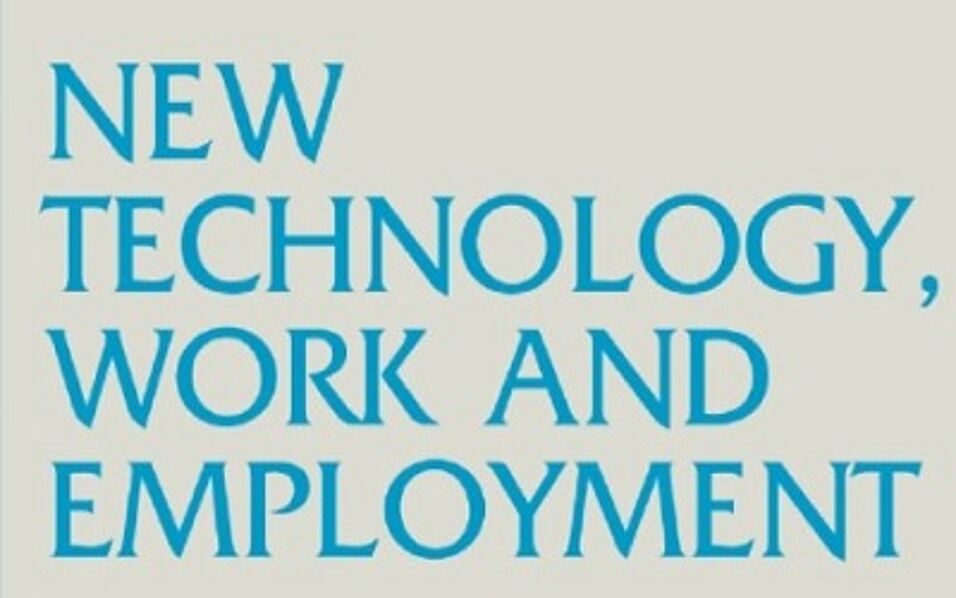Abstract:
Advances in labour-saving technology have sparked a public debate about the ‘Future of Work’. An important role in this debate is played by policy-focused literature produced by institutions such as government agencies, international organisations, think tanks, and consulting firms. Using qualitative coding, the present study analyses this ‘grey’ literature (a total of 195 documents published in English 2013–2018) with a focus on what problem perceptions, frames, and policy recommendations prevail in this literature. We find that the dominant narrative treats technological advances as a prime cause of challenges in the labour market and places the main responsibility on the shoulders of individuals in the form of ‘upskilling’. We show how versions of this narrative vary across different types of institutions, what types of organisations are the most prolific publishers of policy papers in this space, and we offer a critique of dominant narratives within the ‘Future of Work’ discourse.
Authors:
Lukas Schlögl is a social scientist in the Department of Political Science, University of Vienna, and a member of the research platform Governance of Digital Practices.
Elias Weiss is a student assistant in Comparative Policy Analysis at the Department of Political Science, University of Vienna.
Barbara Prainsack is Professor in the Department of Political Science at the University of Vienna and Director of the research platform Governance of Digital Practices.
Citation:
Schlogl, L., Weiss, E.& Prainsack, B. Constructing the ‘Future of Work’: An analysis of the policy discourse. New Technology, Work and Employment. 2021; 00: 1– 20. https://doi.org/10.1111/ntwe.12202

